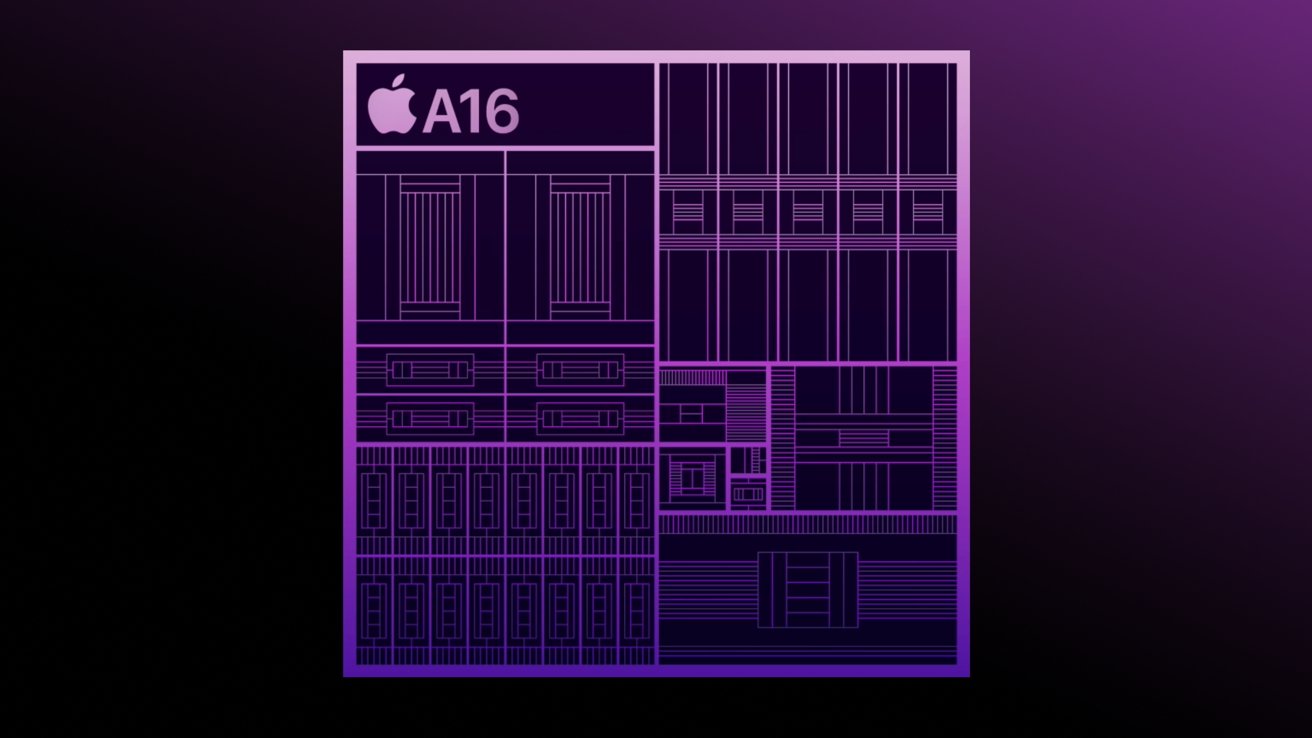An unprecedented look into TSMC gives insight into iPhone chip production
A in-person visit to a TSMC plant has granted rare insight into the company that's responsible for the trillions of transistors running the world's processors, including Apple's.
TSMC is a highly secretive company churning out one of the world's most valuable assets — semiconductors. Apple is one of its many customers which needs parts for its proprietary Apple Silicon.
The report is sourced from Virginia Heffernan, writing for Wired, who was able to visit a TSMC plant in person. The journey to the fab was documented along with the visit itself, and we've pulled some interesting information from the story.
According to Heffernan, one of TSMC's 13 foundries carves and etches a quintillion transistors for Apple. The specific fab for this is Fab 18 in Tainan.
TSMC is a popular company to work for, with its 20,000 technicians that make up only one-third of the workforce. The starting salary for an engineer is equivalent to about $5,400 per month — in a place where rent is about $450 for a one-bedroom.
Heffernan met with TSMC chairman Mark Liu during her visit. They discussed the company and why religion is a common aspect among employees.
"We are doing atomic constructions," Liu told Heffernan. "I tell my engineers, 'Think like an atomic-sized person.'"
He also cited a passage from Proverbs: "It's the glory of God to conceal matter. But to search out the matter is the glory of men."
Heffernan noted that TSMC engineers view American engineers as "babies" who are mentally unequipped to run a state-of-the-art fab. This was in response to Americans reacting to the plant's conditions during an overseas training session, referring to them as "sweatshops."
TSMC is expected to open a plant in Arizona after investing $40 billion into bringing fabrication stateside. Once operational, Apple will be among its initial customers for US-made chips.
 Wesley Hilliard
Wesley Hilliard











 Chip Loder
Chip Loder
 Andrew Orr
Andrew Orr
 Marko Zivkovic
Marko Zivkovic
 David Schloss
David Schloss

 Malcolm Owen
Malcolm Owen

 William Gallagher
William Gallagher






